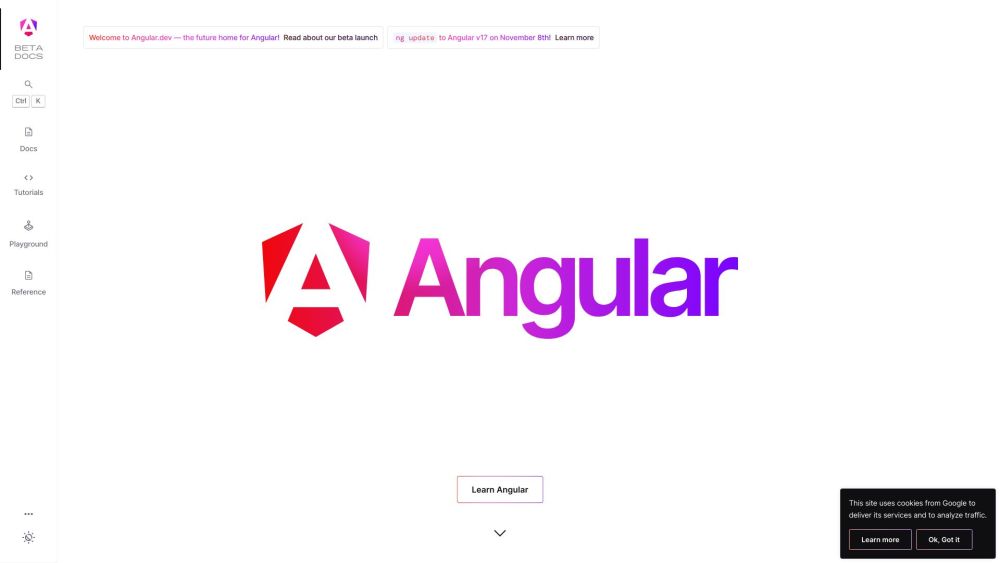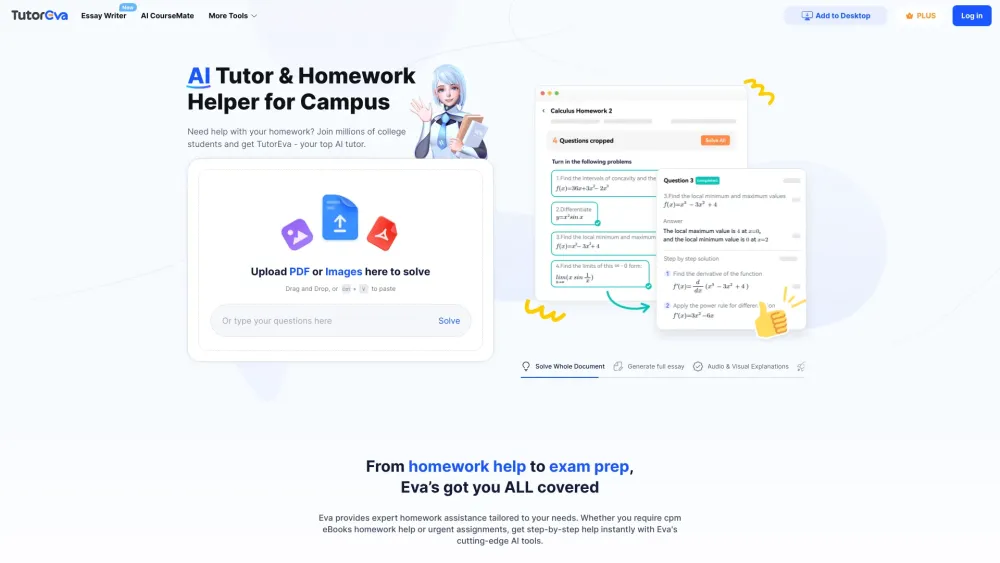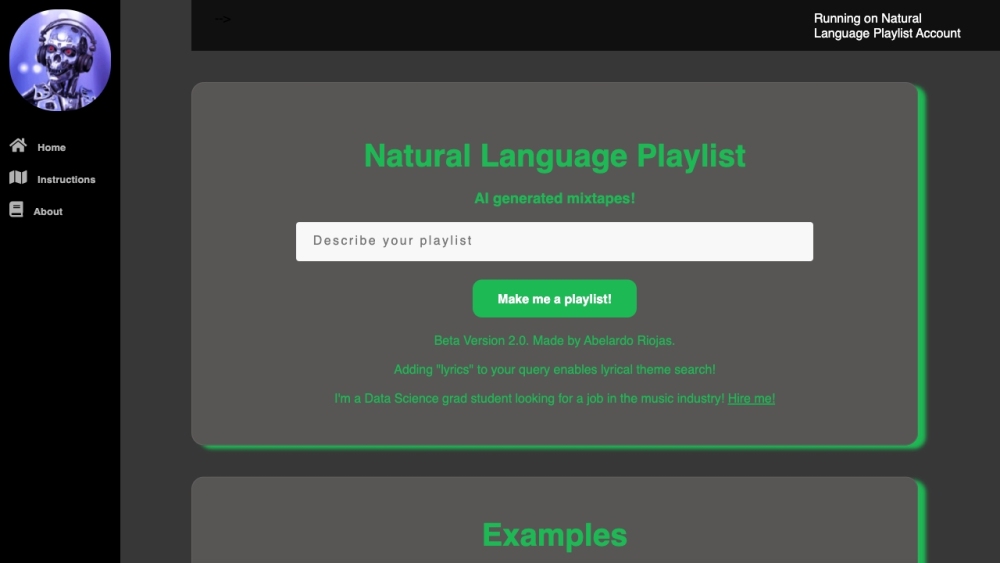Couchbase is enhancing its NoSQL database platform with new features designed to accelerate the development of AI-powered adaptive applications.
The standout addition to Couchbase is its support for vector search, enabling similarity queries using vector data representations. This capability is gaining traction in generative AI applications and has led to the emergence of specialized vector database vendors like Pinecone, alongside traditional database providers such as Oracle. Couchbase differentiates itself by integrating vector support into its comprehensive platform, which spans cloud, on-premises data centers, and mobile and edge devices. This update follows the introduction of Cappella IQ, an assistive generative AI feature launched in 2023.
“We’re excited to introduce vector search, and as is characteristic of Couchbase, we’re approaching it in a distinct manner,” said Matt Cain, Couchbase president and CEO. “Our vector search is natively implemented within our search engine, utilizing the SQL++ query language. This allows for both vector and hybrid search capabilities.”
Couchbase is evolving beyond its NoSQL origins
These latest enhancements mark a significant step in Couchbase's growth within the widely adopted database technology landscape. Originally an open-source NoSQL database, Couchbase has incorporated features typically associated with relational databases. Since going public on NASDAQ in 2021 under the symbol BASE, the company has experienced substantial growth, buoyed by its Capella DBaaS cloud offerings and the surging demand for generative AI solutions.
“AI represents one of the most significant market shifts in history,” Cain stated. “Our conversations with customers reveal immense enthusiasm for the applications they envision.”
Cain highlighted that a key differentiator for Couchbase’s vector capabilities is its focus on mobile and edge computing, which he anticipates will be a primary deployment area for many organizations.
“AI-driven use cases, whether in e-commerce, healthcare, travel, entertainment, or smart homes, will be executed at the edge,” he explained. “Our architecture has been designed for a seamless cloud-to-edge experience, and we firmly believe that the AI market transition will occur at the edge.”
Data is essential for AI-powered adaptive applications
Organizations worldwide are leveraging Couchbase as their operational database. The new vector support aims to empower these organizations to utilize their existing data to create what Cain describes as AI-powered adaptive applications.
“AI-powered adaptive applications offer a high degree of personalization and exceptional performance, delivering situational and contextual insights that would otherwise be unattainable,” Cain noted.
He emphasized that the effectiveness of these applications hinges on robust data sources. “We must equip developers with the tools to access these data sources and foster excellent user experiences while considering platform capabilities,” he added.
Couchbase can manage both structured and unstructured data securely and in real time, whether in the cloud or at the edge, catering to various use cases.
“Many are excited about AI, but the critical next question is where the data comes from,” Cain concluded.




